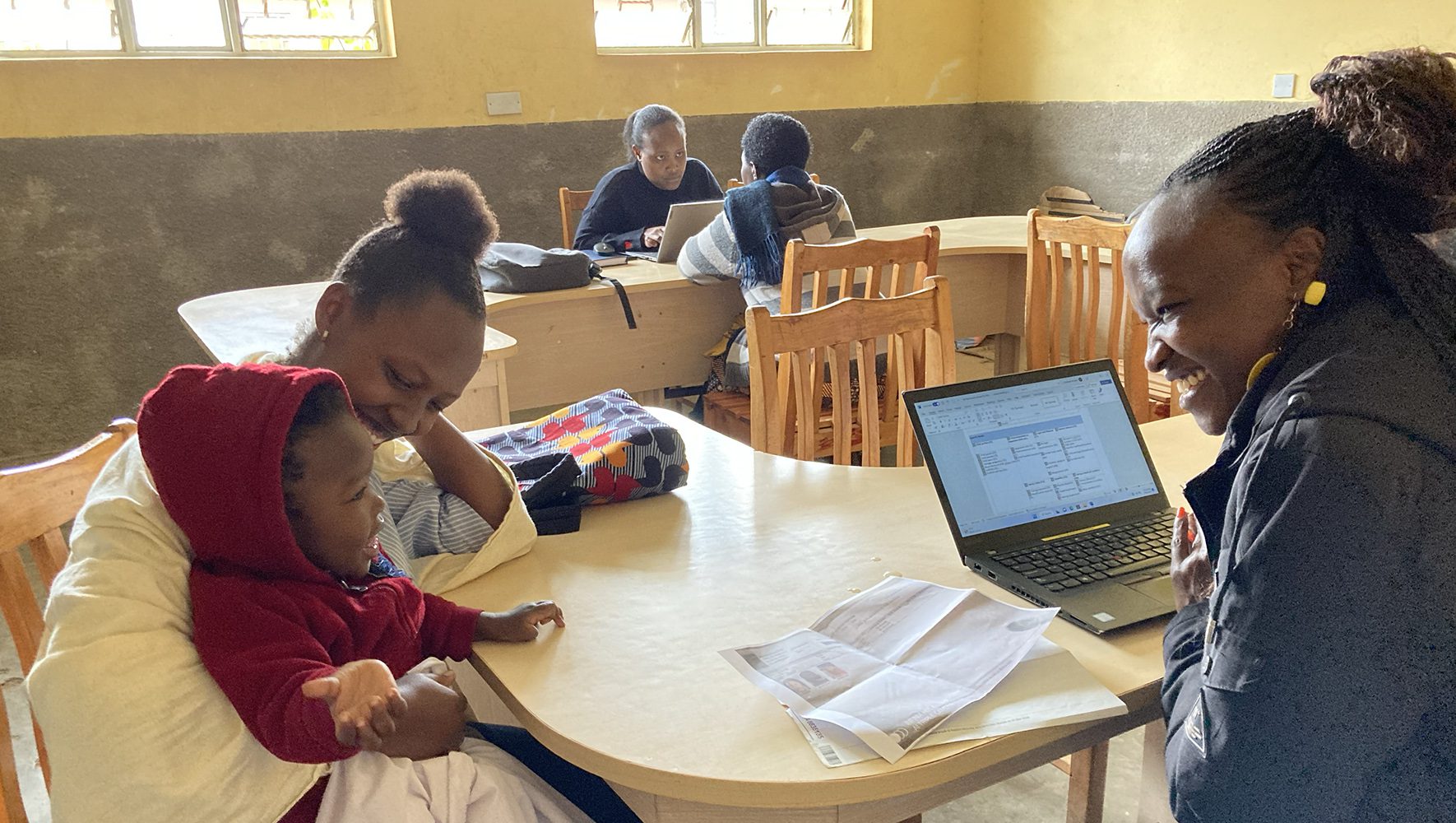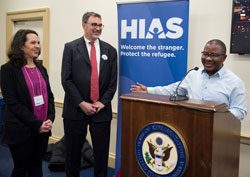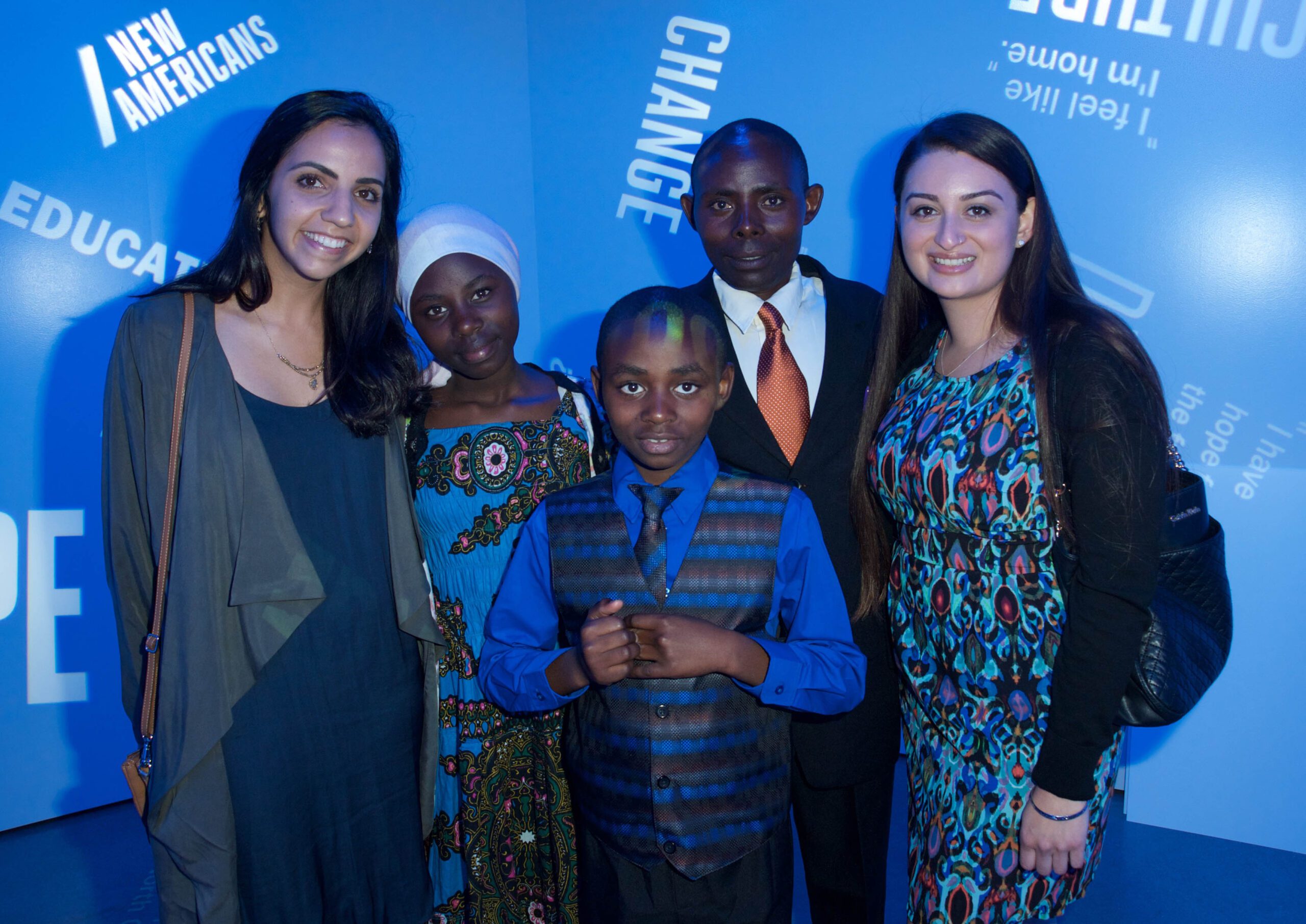Reciting the Shehecheyanu in Uganda
Feb 01, 2015
I have recited the Shehecheyanu prayer more times than I can remember: Praised are you, God, who has kept us alive, sustained us and brought us to this day.
Often I mutter the words in a perfunctory manner as part of a holiday blessing. Sometimes tears stream down my cheeks as I recite the blessing in a moment of great joy. But never have the words carried the meaning that they did when I recited the prayer during a recent visit to a HIAS-run support group for young Congolese refugees in Kampala, Uganda.
[[{"fid":"977","view_mode":"default","fields":{"format":"default","field_file_image_alt_text[und][0][value]":"HIAS-run support group for young Congolese refugees in Kampala, Uganda. (Riva Silverman/HIAS)","field_file_image_title_text[und][0][value]":"HIAS-run support group for young Congolese refugees in Kampala, Uganda. (Riva Silverman/HIAS)"},"type":"media","attributes":{"alt":"Participants in a HIAS-run support group for young Congolese refugees in Kampala, Uganda. (Riva Silverman/HIAS)","title":"HIAS-run support group for young Congolese refugees in Kampala, Uganda. (Riva Silverman/HIAS)","style":"line-height: 20.7999992370605px; float: right; margin: 5px 10px;","class":"media-element file-default"}}]]
Many of the girls, barely teenagers, were orphaned during the war and fled for their lives to Uganda. Every one of the them had been raped, either while still in Congo, or along the arduous journey, or in the supposed safety of Uganda. Each of them had given birth to a child.
In the therapy group, the girls work through their trauma together and help each other navigate life in their entirely foreign surroundings. Destitute, they have had to drop out of school to care for the children of their rapists, a complicated enough emotional undertaking even with supportive parents and a familiar community. Most do not speak English or Luganda, the main languages of Kampala. Many do not know where they will sleep tonight or how they will eat tomorrow.
But these young women manage to find strength within themselves to, as one participant put it, “love their children as much as they love themselves.” They encourage and support each other. At the end of the session, they broke out into song and called us up to dance with them. Their voices and energy lit up the room, like carefree teenagers anywhere on earth.
After the session, they were each asked to share one positive feeling. It was as if they were the very authors of that ubiquitous prayer. One girl softly spoke these words:
After what I have seen and endured, I am truly thankful to be alive.
I am grateful that you, my sisters, have given me strength to sustain myself and care for myself and for my child.
And though I may not know what tomorrow will bring, I feel blessed to be here, now, with each and every one of you.
May the Gates of Heaven open wide to their prayers.


